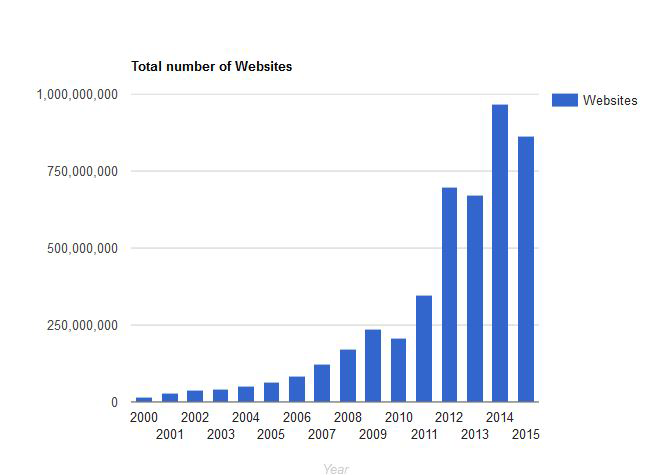Should SEOs Lead Website Builds?

It is not uncommon for a business owner to order a new website and upon its completion, look for a company to "SEO it." While common, this practice reduces the efficiency and effectiveness of design process.
I have seen many times when an "artistic" designer has spent months revising and making small changes to a website based upon the beliefs of the designer or client. The website isn't for either of you, it is for your potential clients.
The end result, more times than not, is a beautiful website, that doesn't drive conversions, rank well, or even follow basic SEO best practices.
Web designers have come a long way in the past few years in their understanding of SEO friendly design, but that is not a replacement for someone specializing in SEO. Before you have a new site developed or re-designed, ask yourself the follow questions.
1.Why are You Building the Site?
Most of you will agree that the decision to build a website usually stems from the desire to create or improve your online presence. More specifically, you may be looking to increase the number of leads generated online or boost the amount of calls you receive from mobile search. Before you ever contact someone to build your site, you should make a list of the problems you want your website to solve.
Detaching yourself emotionally from a project and looking at it objectively is the best way to make decisions.
I often relate Web design and marketing to the military procedure used for targeting artillery strikes. The process is known as "successive bracketing," and it works so well because you are guaranteed to be on target within a certain number of adjustments. If you are making data-driven decisions for your business, you too will be on target within a set number of adjustments. SEO consultants can unlock the data you need to make those sound decisions.
2. Your Website is Just a Tool
A website is really nothing more than a tool, one more touchpoint in the funnel designed to get customers to call or connect with you. The best way to leverage such a tool is to understand the audience for each page and how they may access it.
General market research can give a business owner a good concept of who their target market is, and that information alone is often what drives site design. Understanding your buyers and developing an initial persona for them is a great start, but keyword research allows you to better understand what they are looking for. How they search can be indicative of where they are in the buying cycle.
If they are using problem-based queries like "reduce energy costs" they know there is a problem and they are not sure what can be done to fix it. If someone searches "insulation installers near me" they have decided what the solution is.
Each customer expects different information and a different landing page experience. Could you see a benefit of designing a page catering to their phase of buying cycle? If so, an SEO consultant can help you uncover the search terms being used so that you know who to build pages for.
3. If You Build It They Still Aren't Coming
According to Internet Live Stats there are over 1 billion websites online today as compared to just 1 in 1991.
 (Graph from Internet Live Stats)
(Graph from Internet Live Stats)
Many of these websites will never reach the first page of Google or generate a conversion. A solid SEO strategy is a necessity if you want your website to be found. If nobody can find your website, what value does it bring to your business? If the website has no value, why would you pay someone to build it?
An SEO consultant can help you map out the road to creating a website that does add value, all while helping you avoid missteps along the way.
In order to create a website that meets your goals, design, development, and search engine optimization must come together effectively. Consulting with an SEO company before starting your build is the best way to make it happen.









